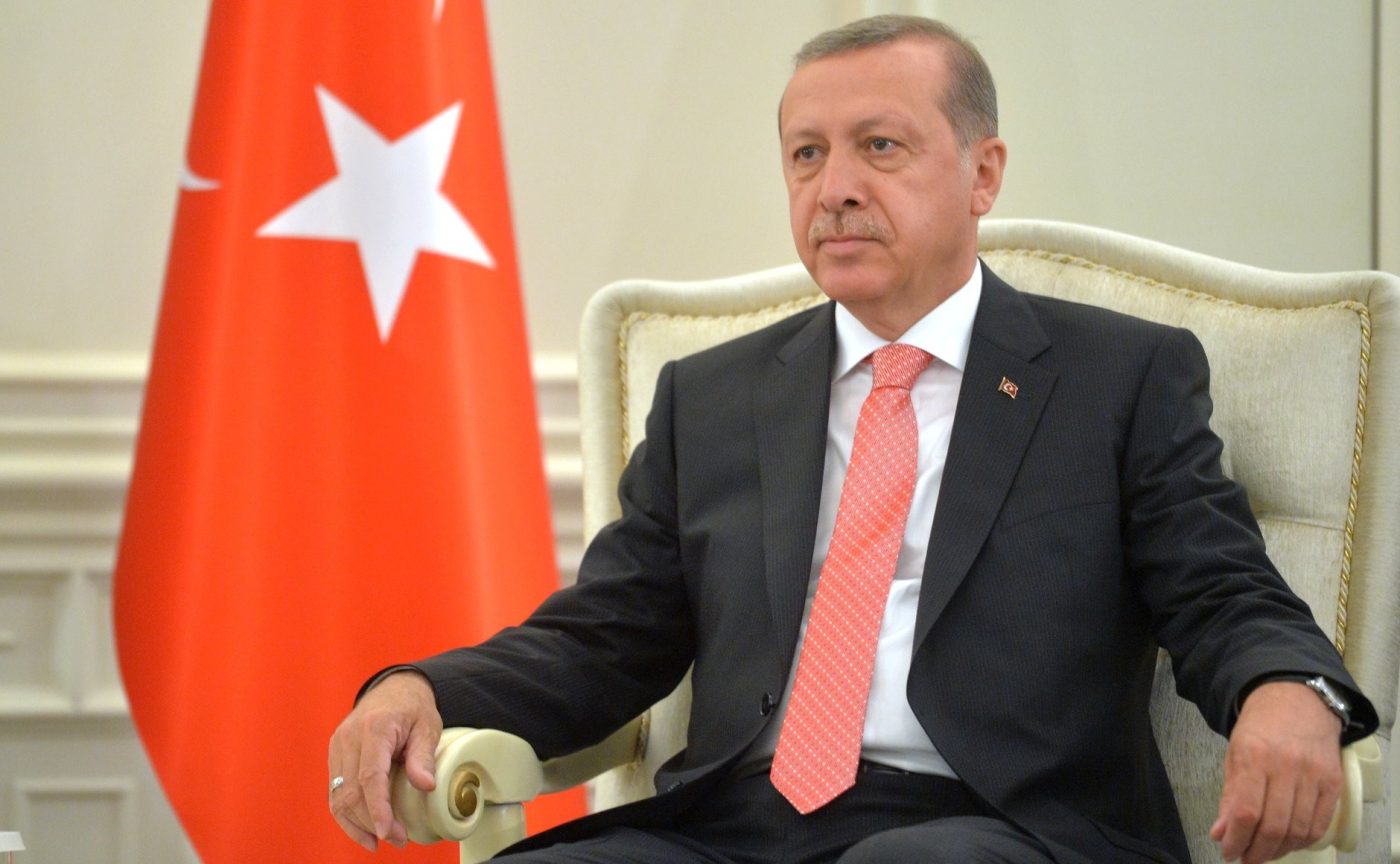On May 11 the Turkish Ministry of Foreign Affairs coined a new term. The “axis of malice,” comprises, supposedly, Egypt, Greece, Cyprus, France, and the United Arab Emirates: five countries whose foreign ministers issued a joint declaration decrying Turkish violations of international law. These violations included what the joint statement termed illegal drilling operations off Cyprus, “violations of the Greek national airspace,” the “instrumentalization of civilians,” and actions that “undermine regional stability” in Libya.
The fanciful rhetoric of Turkey’s reply, echoing President George W. Bush’s also overblown “axis of evil” speech in 2002, bespeaks escalating tensions in the Eastern Mediterranean and the increasingly ambiguous place of Turkey within NATO. Aftershocks of the Arab Spring endure in the Syrian conflict, in violence in Libya, and in the continued existence of ISIS. Controversies include untapped gas wealth, the Israeli-Palestinian dispute, and the division of Cyprus.
As the most powerful NATO member in the region, Turkey is well-placed to help resolve these issues. It doesn’t. While painting itself as a stabilizing force, its hostile rhetoric contributes to conflict, not compromise. The “axis of malice” jibe is just the most recent example of how President Recep Tayyip Erdoğan’s Turkey plays by its own rules and interprets facts to suit its agenda.
The joint statement exemplifies new alignments emerging in the region in response to Turkish attitudes and the discovery of untapped hydrocarbons. Summits involving Cyprus, Greece, and Egypt in 2014, 2015, and 2017 focused on collaboration on issues of tourism, energy, and regional security, with support from the U.S. and Israel. In March 2019, Secretary Pompeo attended a meeting in Israel with the leaders of Israel, Cyprus and Greece. On January 2, 2020, Israel, Cyprus, and Greece signed an agreement to build a 1,900km (nearly 1,200m) gas pipeline to Europe from the Eastern Mediterranean. Later that month, Israel began exporting natural gas to Egypt. In February 2020, the U.S. reiterated its support for (Greek) Cypriot rights in that country’s territorial waters. The five-nation communiqué reinforced the message: a multilateral partnership opposes Turkish provocations and that on these issues, Turkey is acting alone.
The biased substance and shrill tone of the Turkish response demonstrates President Erdoğan’s unique, and to critics bizarre, perspective. It denounces the five countries for their “hypocrisy” and accuses them of “seeking regional chaos and instability.” Suffering from “delirium,” these countries, in Turkey’s view, have appealed to “irrelevant non-regional actors” demonstrating “the legacy of a mentality of mandate and colonialism.” The allegations stretch the bounds of reason. If Egypt can be vilified as an “irrelevant non-regional actor,” in the Eastern Mediterranean, what does that make Russia in Syria? If French involvement is akin to colonialism, how is Turkey relevant to Libya except as the country’s former colonial master until it was defeated by the Italians in 1912?
The statement reserved significant scorn for France, probably due to its increasingly close relationship with Greece, particularly in defense matters. Greece and Cyprus have, however, every right to cooperate on security issues with France. The three countries are all members of the European Union and take part in its defense and security efforts, known as Permanent Structured Cooperation (PESCO). PESCO to some extent substitutes for NATO in the Eastern Mediterranean, where alliance decision-making and diplomacy is hostage to Turkey’s disputes with Greece and non-NATO Cyprus. In January, for example, news leaked that Turkey has been blocking various aspects of NATO-EU partnership activities because of its ongoing dispute with Cyprus.
Hindering cooperation between NATO and the EU does not benefit regional security or American interests. NATO should work with the EU for stability in the Eastern Mediterranean. It should cooperate with countries like Cyprus, Egypt, and Israel in order to achieve that stability. Both Cyprus and Greece have emphasized their role in promoting regional stability to the EU and the U.S.
Turkey, on the other hand, has acted recklessly. It has launched a military intervention in Syria and cooperated with Russia there. To NATO’s further fury, it has purchased the S-400 air defense system. It has sent troops to fight in Libya’s civil war. It has weaponized refugees in an ongoing dispute with the EU. It has continually provoked Greece. It has repeatedly bullied Cyprus.
The Turkish statement is intended as a riposte and a warning. But its real message is to highlight the country’s increasingly irrational and dangerous approach to foreign affairs. In attempting to counter the five countries’ joint statement, Turkey’s reply has confirmed its substance.
Andrew Novo is Associate Professor of Strategic Studies at the National Defense University, Washington, D.C. The views expressed here are entirely his and do not reflect those of the National Defense University, the Department of Defense, or the United States government.
Europe’s Edge is CEPA’s online journal covering critical topics on the foreign policy docket across Europe and North America. All opinions are those of the author and do not necessarily represent the position or views of the institutions they represent or the Center for European Policy Analysis.





